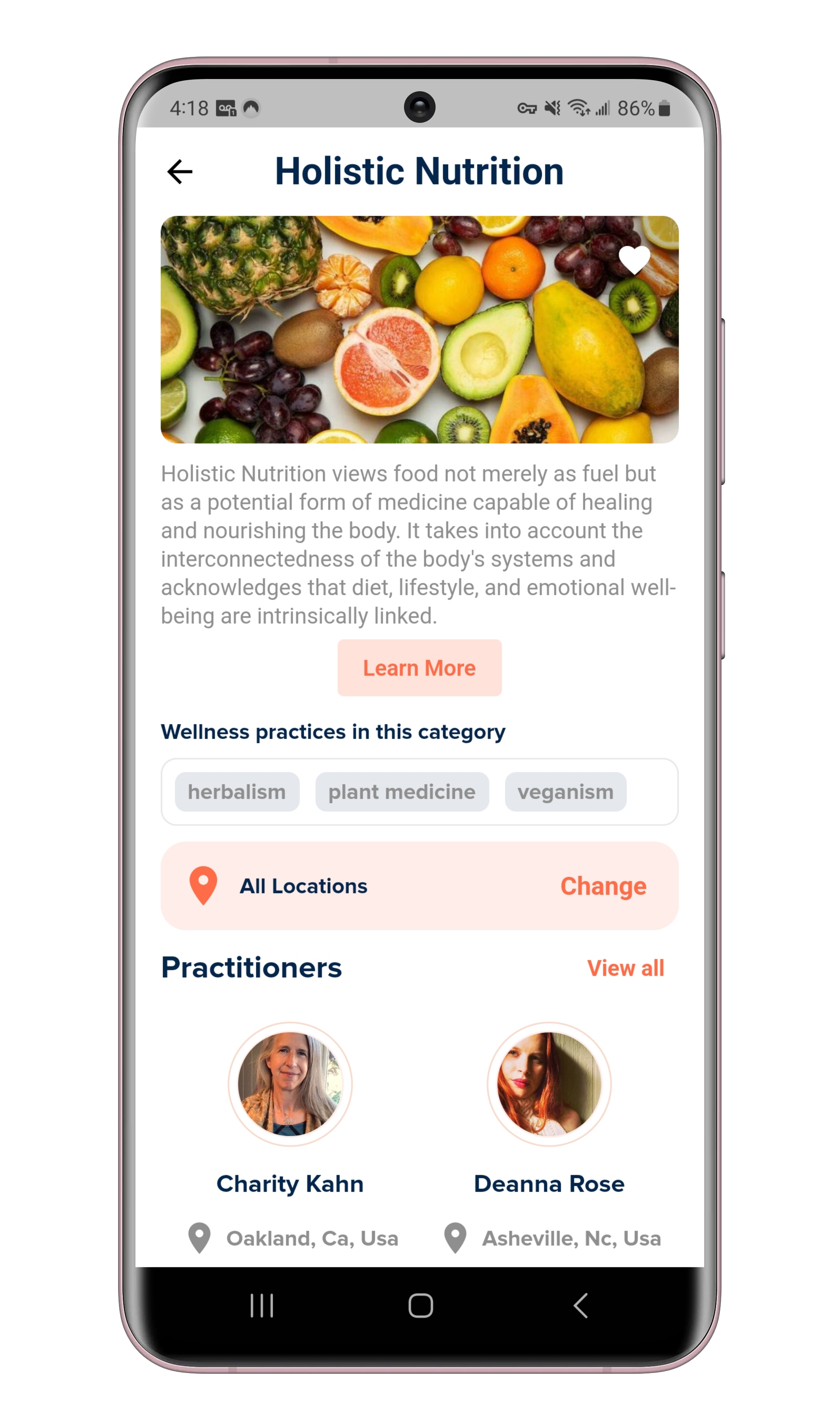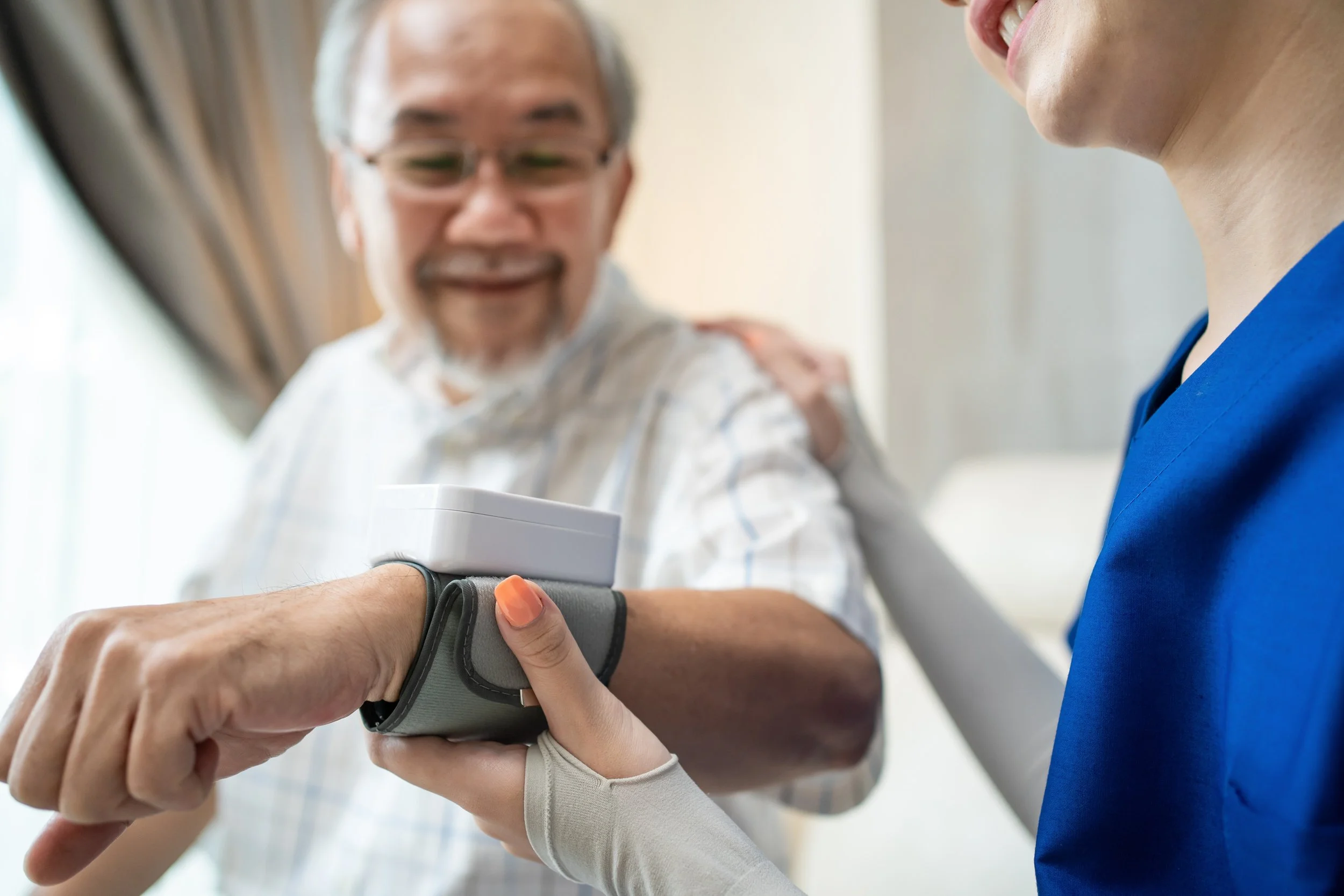Acupuncture
From its ancient roots to its modern-day evolution, acupuncture remains a testament to the deep interconnection between our body, mind, and spirit. As a practice, it not only alleviates physical ailments but bridges the gap between our tangible experiences and our spiritual essence.
Healers & Teachers connects you with Acupuncture practitioners in just a few taps
Choosing to explore the path of Acupuncture is a significant step towards improved well-being. Make your journey smoother and more enjoyable with Healers & Teachers app
Introduction to Acupuncture
What is Acupuncture?
Acupuncture involves the insertion of thin needles at specific points on the body. Originating from China, this practice has been utilized for over 2,500 years. Its primary aim is to restore and maintain health by stimulating specific points, known as acupuncture points or acupoints.
Why is it Relevant?
As a component of Traditional Chinese Medicine (TCM), acupuncture seeks to address both the symptoms and the root causes of illness. By balancing the flow of the body's life force, or 'qi' (chi), it integrates the body, mind, and spirit.
Types of Acupuncture Practices
Traditional Chinese Acupuncture: The most well-known form, focusing on the flow of 'qi'.
Auricular Acupuncture: Targets the ear, a microcosm of the entire body.
Electroacupuncture: A modern adaptation, where a small electric current is passed between pairs of acupuncture needles.
Moxibustion: Uses heated mugwort to warm regions and acupoints.
Acupuncture's Benefits and Uses
Physical Well-being:
Pain relief: From migraines to backaches.
Improved digestion and reduction of nausea.
Enhanced immune response and reduced inflammation.
Mental Well-being:
Stress and anxiety relief.
Improved sleep patterns.
Support in addiction recovery and mood disorders.
Spiritual Well-being:
Enhanced connection between body and mind.
Alignment of chakras or energy centers.
Facilitating emotional release and spiritual growth.
How Does Acupuncture Work?
Acupuncture is a complex therapeutic method with roots in Traditional Chinese Medicine (TCM). Its workings can be described both from the perspective of TCM and modern scientific research.
Modern Scientific Explanations:
Neurological Effects: Research suggests that acupuncture stimulates the nervous system, activating specific pathways that lead to the release of brain chemicals such as endorphins (natural painkillers).
Circulatory Changes: Some studies suggest that acupuncture can enhance circulation, helping to reduce inflammation and promote healing.
Endocrine System Modulation: Acupuncture might affect the endocrine system, leading to a balance in hormones, which can influence various bodily processes.
Gate Control Theory of Pain: One hypothesis is that acupuncture works by blocking pain signals before they reach the brain, based on the idea that our nerves can only handle a certain amount of information at once.
Traditional Chinese Medicine Perspective:
Qi and Meridians: According to TCM, our bodies are traversed by channels or pathways known as 'meridians.' Vital energy, called 'qi' (pronounced "chi"), flows through these meridians.
Balance: Illness or pain arises when there's a blockage or imbalance in the flow of qi. Acupuncture aims to restore this balance by stimulating specific points (acupoints) on these meridians.
Yin and Yang: Another foundational concept in TCM is the balance between Yin (cool, dark, feminine) and Yang (hot, light, masculine). Disruption in this balance can lead to disease, and acupuncture seeks to restore equilibrium.
Who is Acupuncture for?
Acupuncture is a holistic therapy suitable for people of all ages and backgrounds. It's a versatile treatment approach that can address a myriad of health concerns, from acute to chronic conditions. While it's always vital to consult with a healthcare professional about individual circumstances, acupuncture can be beneficial for a broad spectrum of the population.
Types of Wellness Needs Acupuncture Addresses:
Pain Management:
Chronic Pain: Many individuals turn to acupuncture for relief from chronic pain conditions such as osteoarthritis, fibromyalgia, and chronic back pain.
Migraines and Headaches: Acupuncture can help reduce the frequency and severity of migraines and tension headaches.
Sports Injuries: Athletes might use acupuncture to speed up recovery from injuries and improve performance.
Mental Health and Emotional Well-being:
Stress Reduction: Acupuncture can stimulate the nervous system to release endorphins, promoting relaxation and stress reduction.
Anxiety and Depression: Some people find acupuncture beneficial as a complementary treatment for anxiety and depression.
Insomnia: Acupuncture can help improve sleep patterns for those with insomnia.
Digestive Health:
Irritable Bowel Syndrome (IBS): Acupuncture might provide relief from IBS symptoms.
Nausea and Vomiting: Especially for those undergoing chemotherapy or post-surgery, acupuncture can help reduce nausea.
Reproductive Health:
Fertility: Some couples incorporate acupuncture as part of their fertility treatments.
Menstrual Pain: Acupuncture can help alleviate menstrual cramps and irregularities.
Pregnancy and Postpartum: Acupuncture might assist with pregnancy-related back pain, induce labor, or support postpartum recovery.
Respiratory Health:
Allergies: Acupuncture can help in managing allergy symptoms and reducing dependency on antihistamines.
Asthma: Some individuals find relief from asthma symptoms with acupuncture.
Addiction Recovery:
Substance Abuse: Acupuncture, especially auricular (ear) acupuncture, is sometimes used as a complementary therapy in drug and alcohol rehabilitation programs.
Immune System Boosting:
By balancing the body's qi, acupuncture can potentially enhance the immune response, helping the body fend off illnesses more effectively.
Chronic Fatigue and Fibromyalgia:
Individuals with these conditions sometimes seek acupuncture for relief from symptoms and fatigue.
What are the credentials and qualifications to look for in a Acupuncture practitioner?
When seeking an acupuncture practitioner, it's crucial to ensure that they have the appropriate credentials and qualifications to provide safe and effective treatment. Here's what to look for:
Licensure:
State License: In most countries and states, acupuncturists are required to be licensed. The specific requirements for licensure vary but typically involve completing an accredited education program and passing a comprehensive examination.
National Certification: In the U.S., the National Certification Commission for Acupuncture and Oriental Medicine (NCCAOM) provides certification for acupuncturists. An acupuncturist with NCCAOM certification will usually have "Dipl. Ac." (Diplomate of Acupuncture) or "Dipl. O.M." (Diplomate of Oriental Medicine) after their name.
Education and Training:
Accredited Program: Ensure that the acupuncturist graduated from a program accredited by recognized bodies. In the U.S., the Accreditation Commission for Acupuncture and Oriental Medicine (ACAOM) is the main accrediting agency.
Clinical Experience: Good programs will have included substantial supervised clinical practice. This hands-on experience is crucial for developing expertise in acupuncture.
Specializations:
Some acupuncturists may specialize in particular areas, such as orthopedics, gynecology, neurology, or geriatrics. If you have a specific health concern, you might seek an acupuncturist with expertise in that area.
Clean Needle Technique (CNT) Certification:
This certification ensures that the acupuncturist has been trained in proper needle sterilization and safe practices to prevent infections.
Other Holistic Certifications:
Some acupuncturists may also be trained in related modalities like herbal medicine, tuina (Chinese therapeutic massage), cupping, or moxibustion. If you're interested in these treatments, inquire about the practitioner's qualifications in these areas.
Acupuncture is a multifaceted wellness tool that can address both specific health concerns and general well-being. Whether someone is seeking relief from a specific ailment, support in managing a chronic condition, or just aiming to maintain optimal health, acupuncture offers a holistic approach that integrates body, mind, and spirit. It's essential, however, to choose a qualified and licensed acupuncturist and always consult with primary healthcare providers about individual health situations.
Healing and Growth begins with you
Remember, the journey towards holistic health and wellness is a personal one, and it can be comforting and reassuring to know you're not alone. With the Healers & Teachers app, you'll have a wealth of resources and a supportive community right at your fingertips, ready to assist you every step of the way.
The Healers & Teachers app offers:
Access to diverse practitioners specializing in various facets of acupuncture, ready to offer individualized treatments tailored to your distinct needs and healing objectives.
A comprehensive range of offerings, encompassing one-on-one consultations, group sessions, workshops, and dedicated acupuncture services, supplemented by educational events and webinars on this ancient practice.
A warm and welcoming community where you can bond with others exploring acupuncture, exchange stories, pose queries, and tap into the collective knowledge of a like-minded group.












